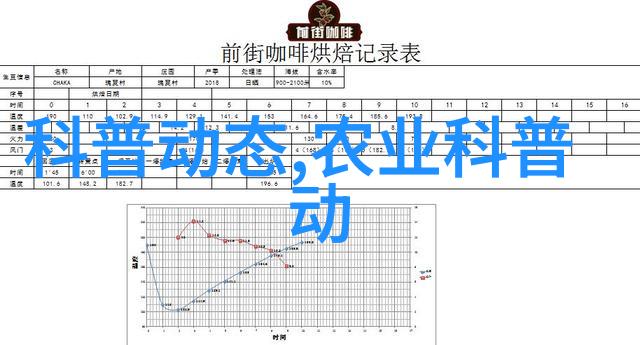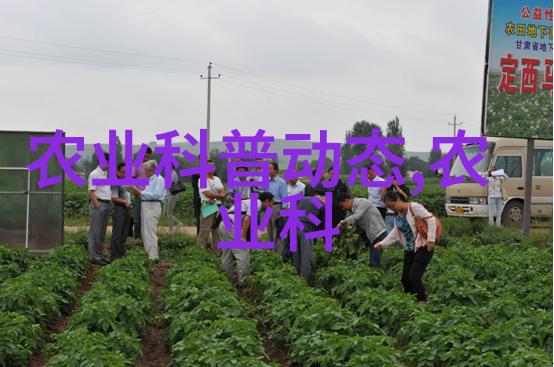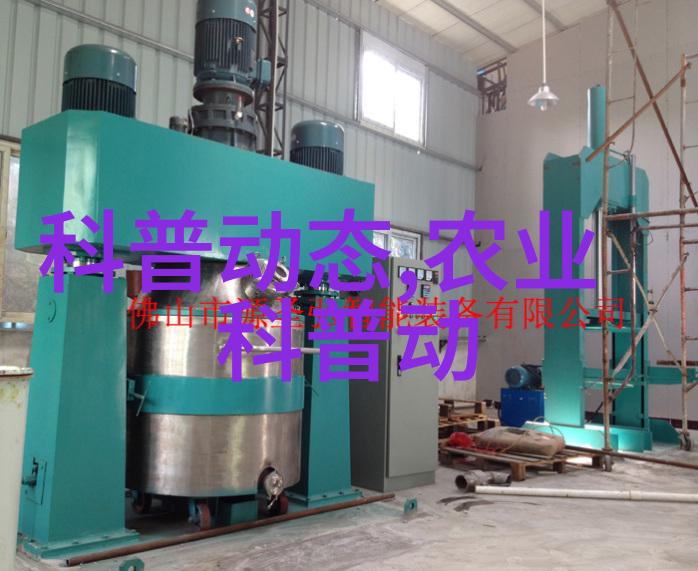您现在的位置是: 首页 - 科普动态 - 农业项目管理规划与实施的关键要素 科普动态
农业项目管理规划与实施的关键要素
2025-02-02 【科普动态】 0人已围观
简介一、农业项目管理的重要性 在当今世界,随着人口数量的不断增加和城市化进程的加速,保障食物安全已经成为全球性的挑战。因此,有效地进行农业项目管理变得尤为重要,这不仅关系到粮食供应,也关乎经济发展和环境保护。 二、农业项目包括哪些方面 agriculture projects include crop production, animal husbandry, aquaculture,
一、农业项目管理的重要性

在当今世界,随着人口数量的不断增加和城市化进程的加速,保障食物安全已经成为全球性的挑战。因此,有效地进行农业项目管理变得尤为重要,这不仅关系到粮食供应,也关乎经济发展和环境保护。
二、农业项目包括哪些方面

agriculture projects include crop production, animal husbandry, aquaculture, forestry and fisheries. These sectors are interconnected and interdependent, requiring a holistic approach to management.
三、规划阶段

Agricultural project planning involves several key steps:
Project definition: Clearly defining the objectives and scope of the project.
Feasibility study: Assessing the viability of the project by evaluating factors such as land availability, water resources, climate conditions and market demand.

Site selection: Choosing an appropriate location for the project based on factors like soil quality, accessibility and infrastructure.
Design development: Creating detailed designs for farm layouts, irrigation systems and other essential infrastructure.

四、实施阶段
Project implementation is just as crucial as planning:
Land preparation: Clearing or cultivating land according to design specifications.
Infrastructure construction: Building roads, storage facilities and other necessary structures.
Resource allocation: Ensuring adequate supply of inputs such as seeds, fertilizers and pesticides.
Capacity building: Training farmers in best practices to enhance productivity.
五、监控与评估阶段
Monitoring progress regularly allows for timely adjustments to be made:
Crop monitoring: Tracking crop health through regular inspections or remote sensing technologies.
Financial tracking: Monitoring income statements to ensure financial sustainability.
Performance evaluation: Assessing overall performance against set targets.
六、高效农业实践:提高生产力与可持续性
High-efficiency agricultural practices contribute significantly to sustainable food production:
1.Integrated pest management (IPM): Reducing chemical usage through targeted interventions against pests & diseases.
2.Sustainable farming techniques like organic farming or agroforestry that minimize environmental impact while maintaining yields.
七、信息技术在现代农场中的应用:
Innovative use of information technology can optimize resource utilization:
Precision agriculture using satellite imagery & sensors for data-driven decision-making;
Digital marketing platforms connecting producers directly with consumers;
E-commerce solutions facilitating online sales;
八、未来展望:智能化与合作共赢模式
As technology continues to advance and global connections deepen,
smart farms will emerge where AI-powered tools optimize processes,
and cooperative models empower farmers with shared resources & expertise,
thus ensuring more efficient use of resources while promoting social equity in rural communities worldwide






